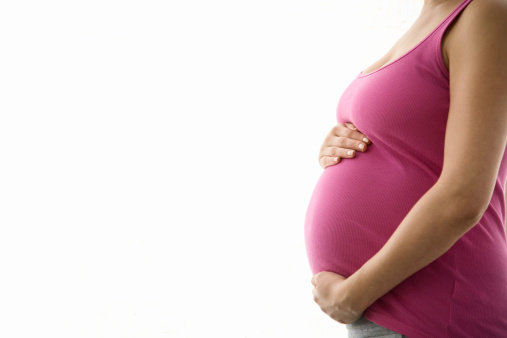GPs told to review 27,000 patients on valproate ‘within months’

GPs should identify all potentially childbearing patients taking valproate in their practice and check that they are on ‘effective contraception’ within months, a health minister has said.
Lord O’Shaughnessy’s statement, which estimated that there are approximately 27,000 patients fitting this description in primary care, also told GPs to refer patients to a specialist for review, unless they have already had one in the last year.
This follows the MHRA’s ban on the prescribing of valproate to women and girls of childbearing age, unless they are on a pregnancy prevention programme.
The regulatory authority has announced that the license for valproate has been changed, meaning that there will be a blanket ban on the prescription of valproate to all women of childbearing potential unless they are on a specific programme to prevent pregnancy.
GPs have been advised that they must not prescribe valproate for bipolar disorder or migraine and that they must not prescribe the drug for epilepsy unless there is no other effective treatment available.
Patients must also be signed up to a pregnancy prevention programme if they are to be prescribed valproate. The programme includes signing a risk acknowledgement form, regular pregnancy tests before, during and after treatment and a review of ongoing treatment by a specialist at least annually.
The new regulatory measures will be rolled out across the NHS, with new alerts to be set up on GP computer systems to ensure that changes in prescribing behaviour are established quickly. The MHRA has also reported that NHS Digital has been working with GP software providers to provide a function for GPs to identify and audit patients who are currently on valproate.
Health minister Lord O’Shaughnessy said: ‘There are approximately 27,000 women of childbearing age receiving prescriptions for valproate in primary care.
‘Within the coming months, GPs should identify all relevant women and girls on valproate in their practice, check that they are on effective contraception as appropriate, and refer them for specialist review unless they have already had a review in the last year.’
The MHRA also confirmed that NICE will be reviewing all of its guidelines that include valproate and begin a full update to its epilepsy guideline in light of the licensing changes.
Nic Fox, director of primary and social care technology at NHS Digital, said they were ‘working closely’ with the MHRA and GP system providers to ensure that GPs were informed of the risks.
He said: ‘All GP systems have alerts applied and we are continuing to work with some of the suppliers to ensure these high visibility alerts are consistent across primary care. These alerts ensure that GPs are prompted at the time of prescribing.’
Professor Helen Stokes-Lampard, chair of the RCGP, commented: ‘GPs are acutely aware of the risks associated with prescribing sodium valproate to women of childbearing age and we welcome this change in legislation as a logical way forward to help ensure our patients’ safety.’
The strengthened regulatory position will be supported in the months to come by smaller valproate pack sizes, to encourgae monthly prescribing, and a pictogram or warning image on the label.
GPs were advised back in 2014 by the European Medicines Agency’s pharmacovigilance risk assessment committee not to prescribe valproate to pregnant women due to the risk of foetal malformations. They were also urged to make sure that women were fully informed about the risks of getting pregnant while taking valproate.
Pulse October survey
Take our July 2025 survey to potentially win £1.000 worth of tokens

Visit Pulse Reference for details on 140 symptoms, including easily searchable symptoms and categories, offering you a free platform to check symptoms and receive potential diagnoses during consultations.










